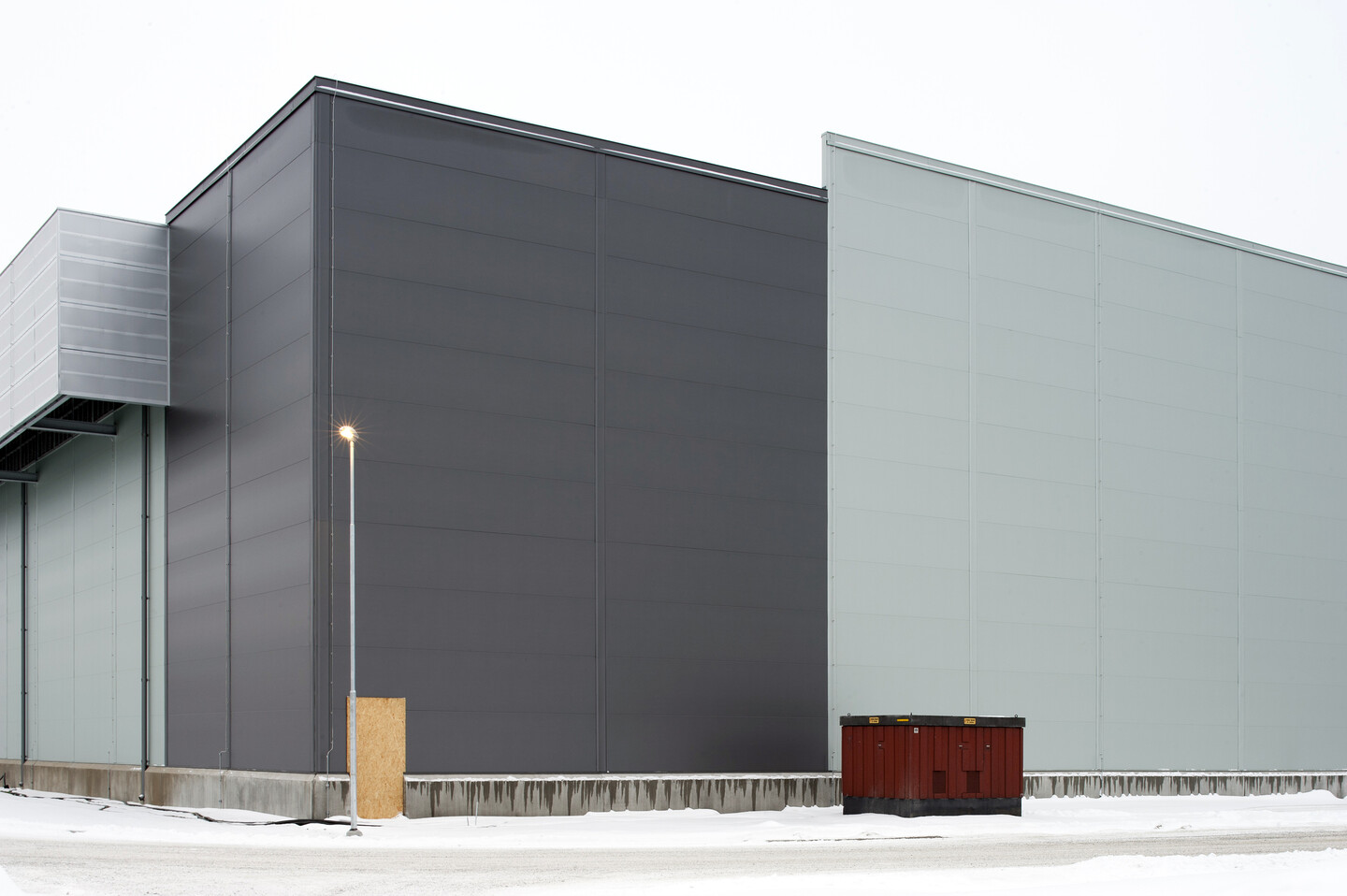The Society Machine
The Industrial Age from the Perspective of Art
September 24, 2016–January 15, 2017
Opening: September 24, 6pm
Malmö Konstmuseum
Malmöhusvägen 6
SE-201 24 Malmö
Sweden
Hours: Monday–Sunday 10am–5pm
T +46 40 34 10 00
malmokonstmuseum@malmo.se
malmo.se
Facebook
The Industrial Age from the Perspective of Art
September 24, 2016–January 15, 2017
Opening: September 24, 6pm
Malmö Konstmuseum
Malmöhusvägen 6
SE-201 24 Malmö
Sweden
Hours: Monday–Sunday 10am–5pm
T +46 40 34 10 00
malmokonstmuseum@malmo.se
malmo.se
Artists: Meira Ahmemulic, Henrik Andersson, Kalle Brolin, Nina Canell, Hans Carlsson, Edward Clydesdale Thomson, Jonas Dahlberg, Kajsa Dahlberg, Leif Elggren, Cecilia Grönberg & Jonas (J) Magnusson, Erik Mikael Gudrunsson, Gustav Hillbom & Erik Viklund, Saskia Holmkvist & Ellen Nyman & Corina Oprea, Erik Holmstedt, Sofia Hultén, Alfredo Jaar, Sara Jordenö, Susanne Kriemann, David Larsson, Anna Ling, Björn Lövin, Caroline Mårtensson, Jesper Nordahl, Karin Ohlin, Pratchaya Phinthong, Katarina Pirak Sikku, Jan Svenungsson, The non existent Center, Pär Thörn, Ylva Westerlund
The Society Machine explores the contemporary image of Sweden by looking at the effects of the cultural transformation that served as foundation for the world-famous Swedish welfare state—industrialization. Works by more than 30 contemporary artists are exhibited together with objects selected from Malmö Museer’s cultural, natural and technical history collections. In dialogue with these historic collections, the contemporary art projects portray a fundamentally changed society, today in the midst of its next large-scale transformation.
The term "industry" is used in the exhibition as a prism through which different images of society become visible. From the mining town Malmberget in the north to the limestone quarries in the south, we encounter vast clear-cut forests, monumental slag heaps and pre-fabricated housing projects. Many of the artworks examine the global consequences of local histories, in the form of conflict, migration and environmental destruction, as well as international aid and solidarity projects. But the exhibition also demonstrates how art has drawn inspiration from the materials and aesthetic possibilities of industrialization, which have continuously pushed the limits for what has been considered art.
The modern Swedish welfare state was made possible through a trade-off: industrialization lifted the country out of profound poverty, while the environment, human bodies and consciousness in return were colonized by the pursuit of productivity and efficiency—for better or worse. The new life in the spirit of functionalism was implemented at high speed and with dizzying efficiency, at the factory as well as in the home. A rationalized welfare society emerged, where standardized production and faith in progress became a model for modernity’s ordering of all facets of life. For decades Sweden was hailed internationally as modernity’s success story. But what kind of society did the extensive standardization and efficiency really create?
The Society Machine exhibits contemporary interpretations of Sweden’s development that complicate the image of a modern society defined solely in terms of progress and prosperity. By examining the term "industry" as ideology, aesthetic, materiality, and metaphor, as well as production and economy, the exhibition shows how the industrial approach did not simply open quarries and factories, but also other, more existential, sinkholes.
Today, industry developers in the northern steel mill town Luleå are working to have global data replace iron ore as the region’s most important raw material—through the establishment of gigantic server farms. The information economy has changed the nature of work and transferred the production processes from the factories to our brains. But even if the high industrial era has become history, it does not mean that society has been liberated from the extractive logic of industrial capitalism. As we are currently entering the fourth industrial revolution—a time when digital, biological and physical worlds are melding in a way which will once again transform humanity—the exhibition asks if the era of the conveyor belt has truly ended, or simply been displaced to instead exist within us.
Curator: Lisa Rosendahl
Curator: Lisa Rosendahl

No hay comentarios:
Publicar un comentario